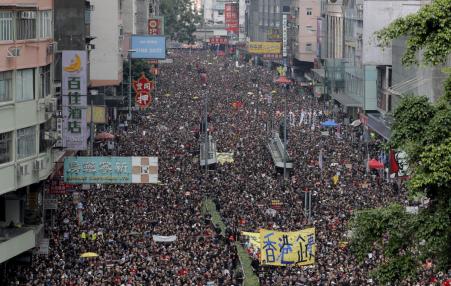Portside

Labour and Brexit, Puerto Rico en la lucha, Hong Kong's ongoing fight against extradition, Fighting repression in Colombia, Opposing communal and caste violence in India, Ágnes Heller remembered, 98 years of the SACP, Plea for Iranian unionists
Spread the word